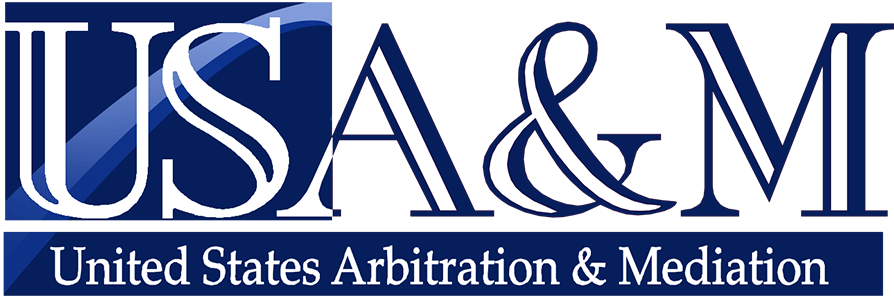Best Practices
Best Practice Newsletter
New Illinois Law of Timing of Settlement Payments By Kim L. Kirn
New ADR Rule Federal Court (EDMO) By Michael S. Geigerman
Mandatory Mediation for Malpractice Cases in Madison County By Michael S. Geigerman
Be Careful What You Wish For! By Kim L. Kirn
Ethics and Best Practices By Michael S. Geigerman
Neither Jail or Surgery is Sufficient Excuse for Missing Court-Ordered Mediation By Kim L. Kirn
Arbitration Update By Robert Litz
Make Sure Your Mediation Settlement is Enforceable By Ronald Schowalter
Plaintiff’s Experts Prevented From Testifying Because of Improper Disclosure of Mediation Materials By Ronald Schowalter
Objecting Party Cannot Be Sanctioned For Not Attending Mediation By Kim L. Kirn
Cutting the Cake Fairly By Michael S. Geigerman
Introduction to Mediation Checklist By Michael Geigerman and Kevin Frank
Detailed Explanation of Mediation Checklist
Mediation Checklist
The Uniform Mediation Act… Do We Need It? Do We Want It? By Michael Geigerman
Ten Suggestions for the Adovocate Mediating the Complex Case By George Fitzsimmons
Clients Receive More Protection Under Structured Settlements Protection Act By Michael S. Geigerman and Kevin Frank
Is There an Arbitration Clause in Your Eployment Agreement With Your Client? By Michael S. Geigerman
The USDC., E.D. MO. has established a significant “Good Faith” component in court ordered mediations and will look into what happened during the mediation. Counsel should definitely comply with the court’s directives regarding mediation. When mediating with an agency of the Federal Government, keep in mind that communications in joint sessions are not confidential. If you wish to protect the confidentiality of the session, include a clause in your agreement to mediate that expands confidentiality protection.
When mediating, consider the jurisdiction that will be ruling on issues pertaining to the mediation as different jurisdictions have different expectations of what mediator confidentiality means.
